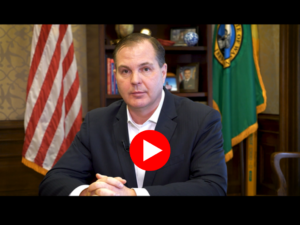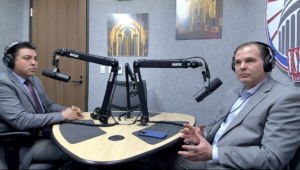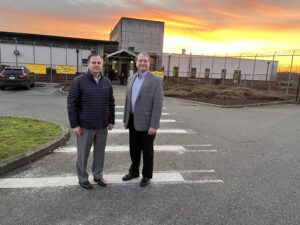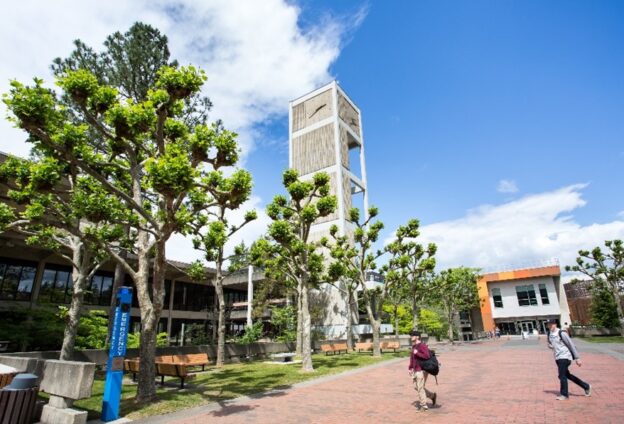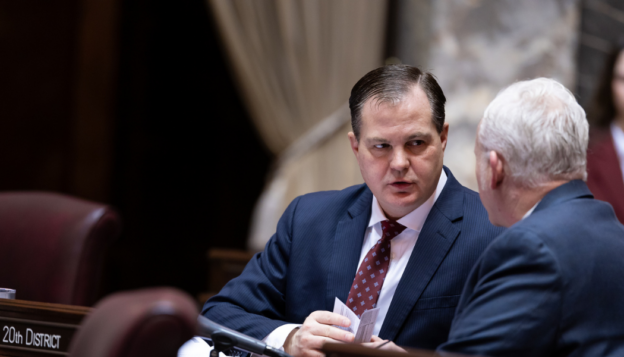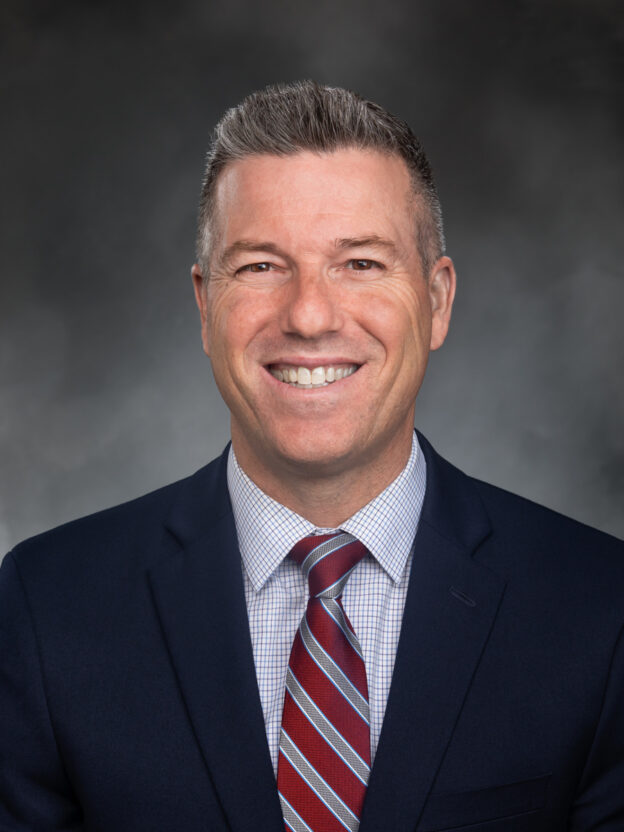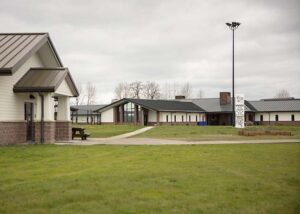Watch my weekly legislative update:
Friends and Neighbors,
Nearly 500,000 Washington voters signed on to Initiative 2081, knowns as the Parents’ Bill of Rights. Last session, legislators on both sides of the aisle, including me, spoke in favor of the initiative and why it was a positive step. It passed with bipartisan support.
Fast forward to this session. In a move that ignores the will of the people and undermines the purpose of the law to protect parents’ “right to know,” Democrats are moving bills forward that would weaken that right.
The most concerning of these is Senate Bill 5181. This bill has many problems, such as lengthening the time the school has to notify you if your child is attacked. It also creates some exceptions to when schools even have to notify parents.
When current law limits minor access to tanning beds and tattoo parlors, why are we limiting parents’ knowledge of their children’s medical issues.
Listen to my legislative update on this issue.
All parents should worry about this effort.
My weekly column in The Chronicle elaborates on SB 5181 and what it really means for our state. Read my full column.
If you want to share your opposition to this bill, contact the following legislators who have control over what happens to this bill — and your right to know.
- Senate majority leader
- Chair of the Senate Committee on Early Learning & K-12 Education
- Speaker of the House
- Chair of the House Education Committee
LISTEN: Official Podcast
Our caucus produces an official podcast that is a great way to hear about what’s happening in the Legislature. It’s called The Elephant in the Dome.
In this episode, our staff hosts and I delve into Democrat efforts to limit parental rights, and the challenges and opportunities in education founding. I also talk about my vision for a reimagining of The Evergreen State College.
Read my news release about my proposal to close Evergreen and turn it into a South Sound UW campus dedicated to training medical workers to care for the 3.2 million Washingtonians who will be part of a “Silver Tsunami” in five years that will overwhelm our health-care system.
Listen to additional episodes on our website.
Another firsthand look at conditions at Green Hill
I talk a lot about what happens at the Green Hill School, the juvenile justice facility in Chehalis, because it has been riddled with serious overcrowding and poor management protocols — two things that have made it a dangerous and unproductive rehabilitation environment.
At the invitation of Sen. Leonard Christian, 4th Legislative District, I accompanied him on another tour of Green Hill. He is the current lead Republican on the Senate Human Services Committee, which is assigned to consider bills related to Green Hill and my bill that would repeal JR-25— the policy that allows residents convicted of a crime as a minor to remain at the facility until age 25 rather than transfer to a jail run by the Department of Corrections. Green Hill is under the jurisdiction of the Department of Children, Youth and Families.
We have a duty to the residents in the program to keep them safe and prepare them to face a brighter future when they are released. We also have a responsibility to keep staff safe in the workplace, and set them up for success with a solid policy framework. I’ll continue to update you on this as my bills progress, as well as others that seek to improve conditions.
A safer Washington: Hiring more law enforcement officers
A dubious distinction for Washington is that we remain dead last of all 50 states in the number of law-enforcement officers per capita protecting the people.
Fixing that remains a top priority for my caucus and me. My colleague, Sen. Jeff Holy, 6th Legislative District, sponsored two bills this session to provide state funding and incentivize county and local government to hire more officers.
Senate Bill 5285 incentivizes cities and counties to contribute additional funding toward hiring officers by allowing them to impose a 0.10 percent sales tax to pay for it. The bill would protect that money by mandating that the funds be spent ONLY on hiring law enforcement officers.
Senate Bill 5060 provides $100 million in grants to help fund salaries for new officers. This bill received a hearing and passed out of committee. We expect to see it come to the floor soon for a vote.
Gov. Ferguson gave Sen. Holy a shoutout during his inaugural speech during the opening week of legislative session, saying he wanted to work with him on this issue and would not sign a budget that did not contain that funding.
Both bills have bipartisan support and are working their way through the legislative process. I hope to announce that both of these bills have been signed by the governor sooner rather than later. Washington will be safer for it. Stay tuned and watch their progress.










